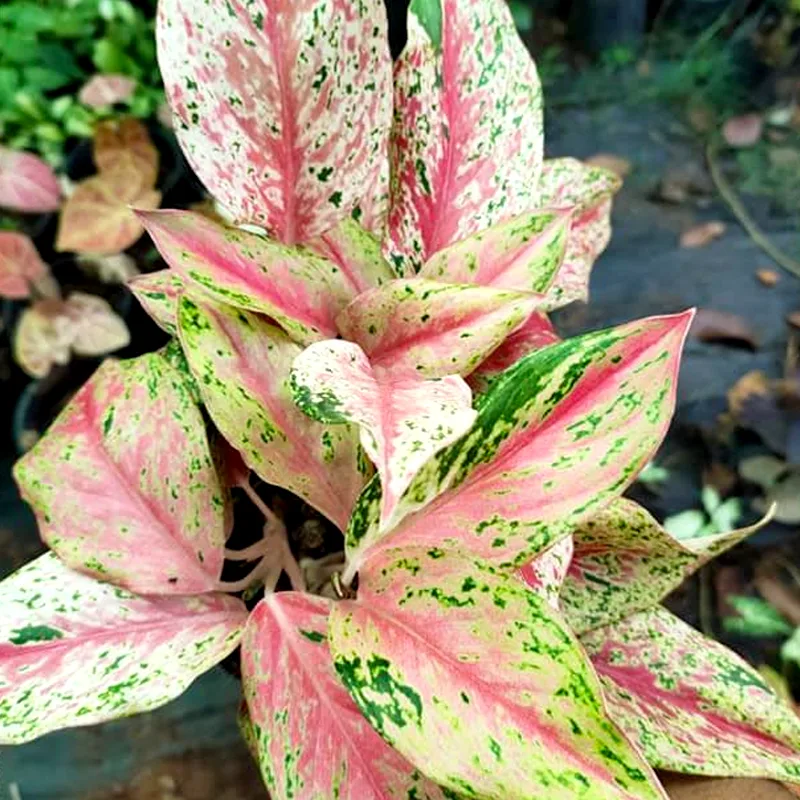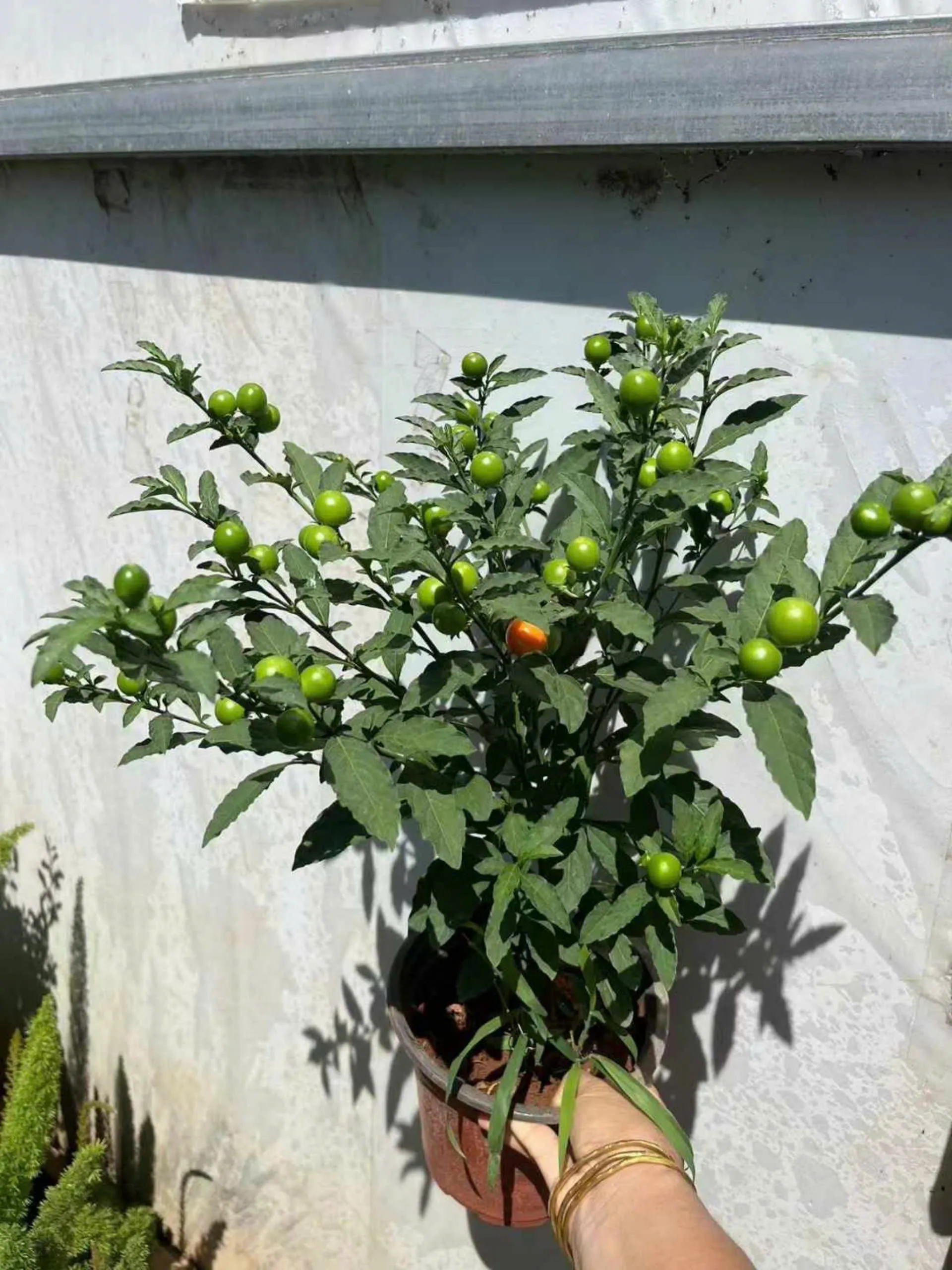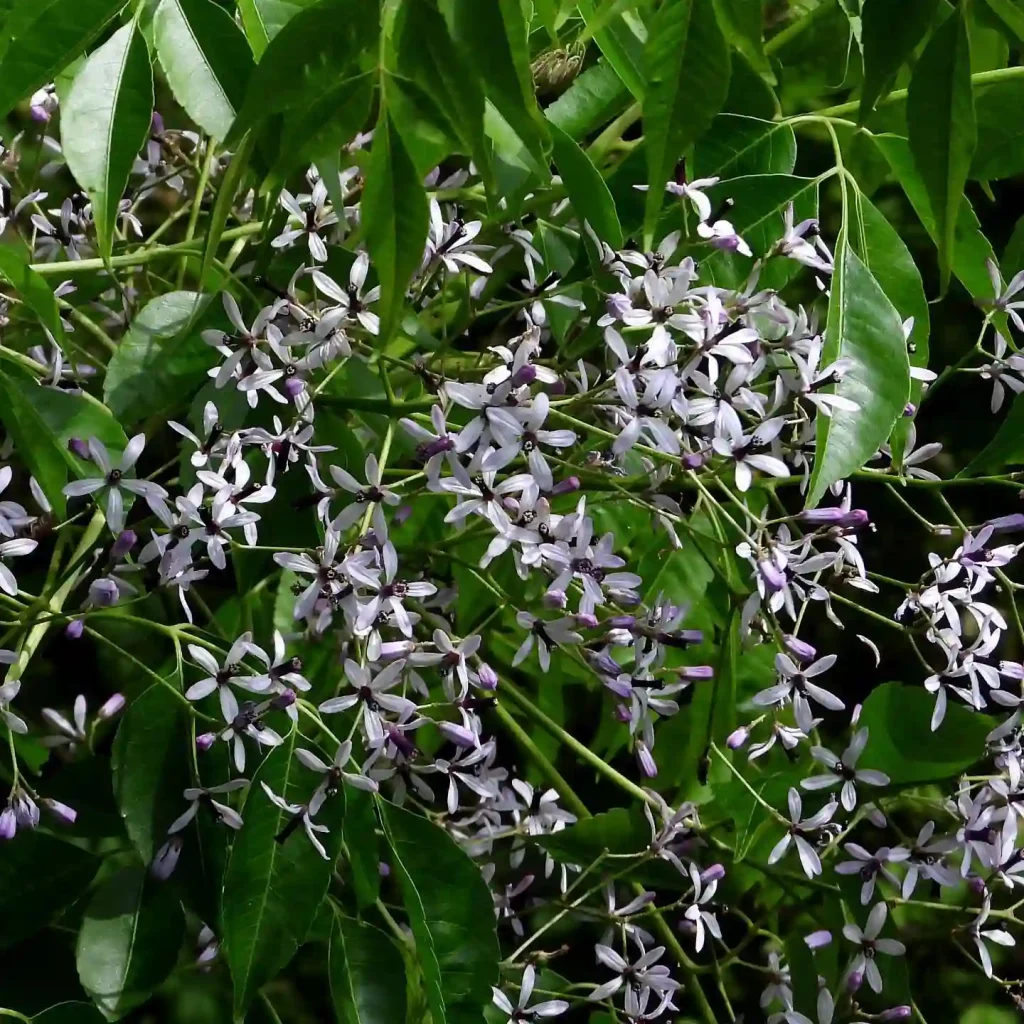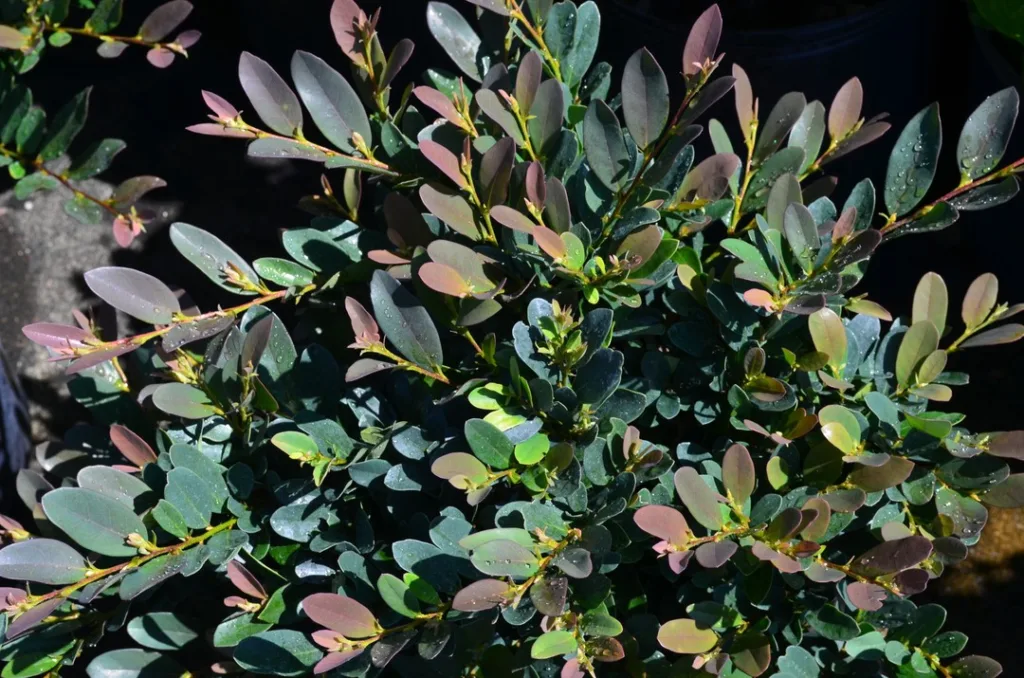What is Guadua Bamboo?
Guadua Bamboo is a species of giant bamboo native to Central and South America. Known for its impressive size and strength, Guadua is often used in construction and furniture making. Unlike many other bamboo species, Guadua can reach heights of up to 90 feet and diameters of over 6 inches. Its robust nature and rapid growth make it a popular choice for sustainable building materials.
How Fast Does Guadua Bamboo Grow?
Guadua Bamboo is renowned for its fast growth. Under optimal conditions, it can grow up to 3 feet per day. This rapid growth rate makes it an ideal choice for projects that require a quick turnaround. Within a few years, Guadua can reach its full height, which is significantly faster compared to many other plant species.
How to Grow Guadua Bamboo?
Growing Guadua Bamboo requires specific conditions to thrive. Here’s a quick guide:
- Climate: Guadua Bamboo prefers tropical and subtropical climates. It needs warmth and high humidity to grow well.
- Soil: Well-drained soil rich in organic matter is essential. Guadua thrives in loamy soils but can adapt to various soil types if well-drained.
- Watering: Regular watering is crucial, especially during the initial growth phase. However, overwatering can lead to root rot.
- Sunlight: Full sun exposure is ideal. Guadua needs plenty of sunlight to grow vigorously.
How to Propagate Guadua Bamboo?
Propagating Guadua Bamboo is typically done through division rather than seeds, as seeds can be challenging to obtain and germinate. Here’s how:
- Select a Mature Clump: Choose a mature clump of Guadua Bamboo with several stems.
- Divide the Clump: Carefully dig up the clump and divide it into smaller sections, each with a few stems and roots.
- Replant: Plant each divided section in its new location, ensuring it’s planted at the same depth as it was in the original location.
- Water and Care: Water the newly planted sections thoroughly and continue with regular care to ensure successful establishment.
Where to Buy Guadua Bamboo?
Finding Guadua Bamboo can be a bit challenging as it’s not commonly available in all garden centers. Here are some options:
- Specialty Nurseries: Look for nurseries that specialize in bamboo or tropical plants.
- Online Retailers: Websites specializing in bamboo or exotic plants often offer Guadua Bamboo.
- Local Botanical Gardens: Check with local botanical gardens or arboretums, as they might have information on where to purchase Guadua Bamboo.
Why is Guadua Bamboo the Best to Build With?
Guadua Bamboo is highly valued in construction due to its strength and durability. Its dense, hard-wearing nature makes it suitable for various structural applications. Here are a few reasons why it’s considered superior:
- Strength: Guadua Bamboo is incredibly strong, with a tensile strength comparable to steel. This makes it ideal for building frameworks and other structural elements.
- Flexibility: Its flexibility allows for creative designs without compromising strength.
- Sustainability: Guadua grows quickly and can be harvested sustainably, making it an eco-friendly alternative to traditional building materials.
Will Guadua Bamboo Grow in Coastal North Carolina?
Guadua Bamboo prefers tropical climates, so it may struggle in the cooler, coastal climate of North Carolina. While it might survive in warmer areas with protection, it generally doesn’t thrive in this region.
Will Guadua Bamboo Grow in Colorado?
Colorado’s climate is too cold and dry for Guadua Bamboo to grow successfully. This species requires a humid, tropical environment to thrive, which Colorado’s conditions do not provide.
Will Guadua Bamboo Grow in Missouri?
Missouri’s climate can be a bit challenging for Guadua Bamboo. While it might survive in some parts of the state with proper care and protection, it generally does not grow optimally in Missouri due to its cooler temperatures and varying humidity levels.
Will Guadua Bamboo Grow in North Carolina?
In North Carolina, especially in the warmer, more humid areas, Guadua Bamboo may have a better chance of growing. However, it still requires a sheltered environment to protect it from colder temperatures.
Can Guadua Bamboo be Used in Tournaments?
If you’re referring to its use in sports or recreational tournaments, Guadua Bamboo is not typically used for such purposes. It’s more renowned for its applications in construction and design rather than sports equipment.
Guadua vs Bambu
Guadua and Bambu (a term often used for various bamboo species) differ mainly in size and strength. Guadua is a specific type of giant bamboo known for its large diameter and strength, making it ideal for structural uses. In contrast, “Bambu” could refer to a variety of bamboo species, each with different characteristics and applications.
Guadua vs Moso Bamboo
Guadua and Moso Bamboo are both giant bamboos but have distinct differences:
- Growth Rate: Guadua grows faster than Moso Bamboo.
- Size: Guadua typically reaches larger diameters compared to Moso Bamboo.
- Usage: Guadua is often used in construction due to its strength, while Moso Bamboo is more commonly used in flooring and furniture due to its versatility and finer texture.
How to Care for Guadua Bamboo?
Caring for Guadua Bamboo involves:
- Regular Watering: Ensure consistent moisture, especially during dry periods.
- Fertilization: Apply a balanced fertilizer during the growing season.
- Pruning: Remove dead or weak stems to encourage healthy growth.
Common Problems with Guadua Bamboo
- Pests: Guadua Bamboo can be susceptible to pests like bamboo mites.
- Disease: Fungal infections can affect bamboo if not properly cared for.
- Climate Sensitivity: It’s sensitive to colder temperatures and may require protection in cooler climates.
In summary, Guadua Bamboo is a remarkable plant with unique characteristics that make it highly desirable for specific uses, especially in tropical and subtropical environments. Understanding its needs and limitations can help you make the most of this versatile bamboo species.



